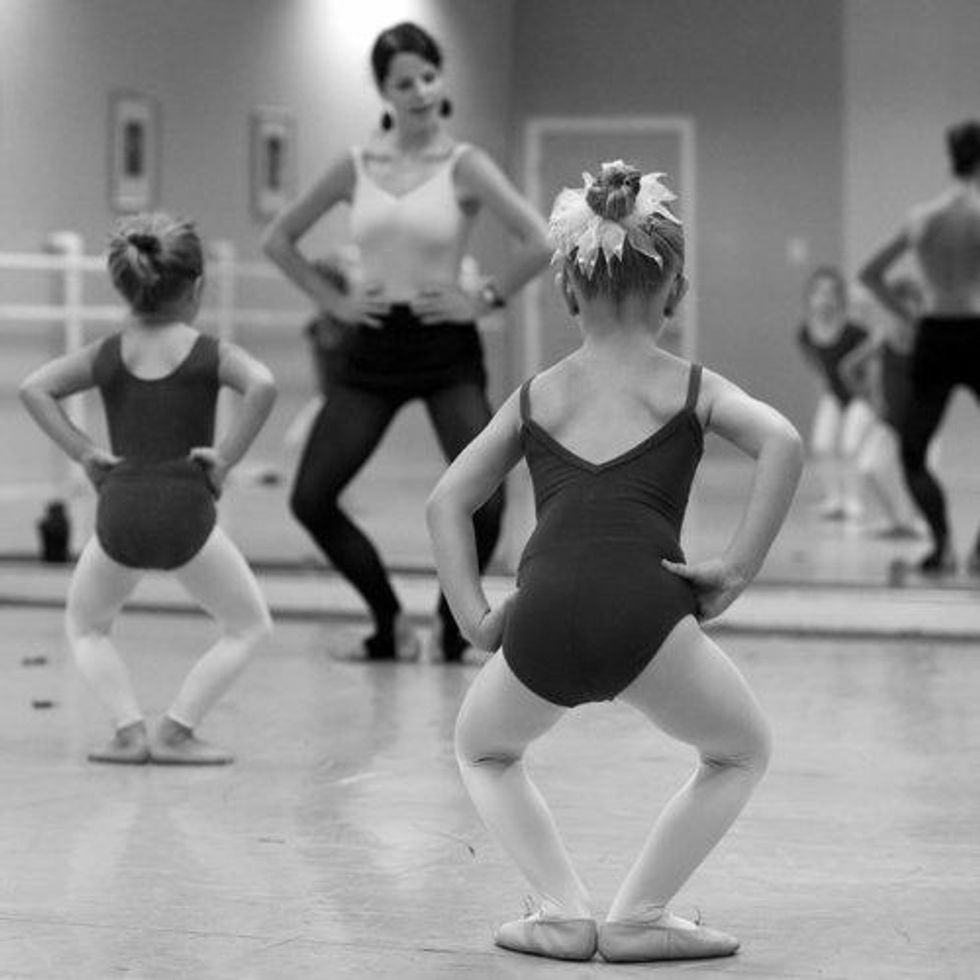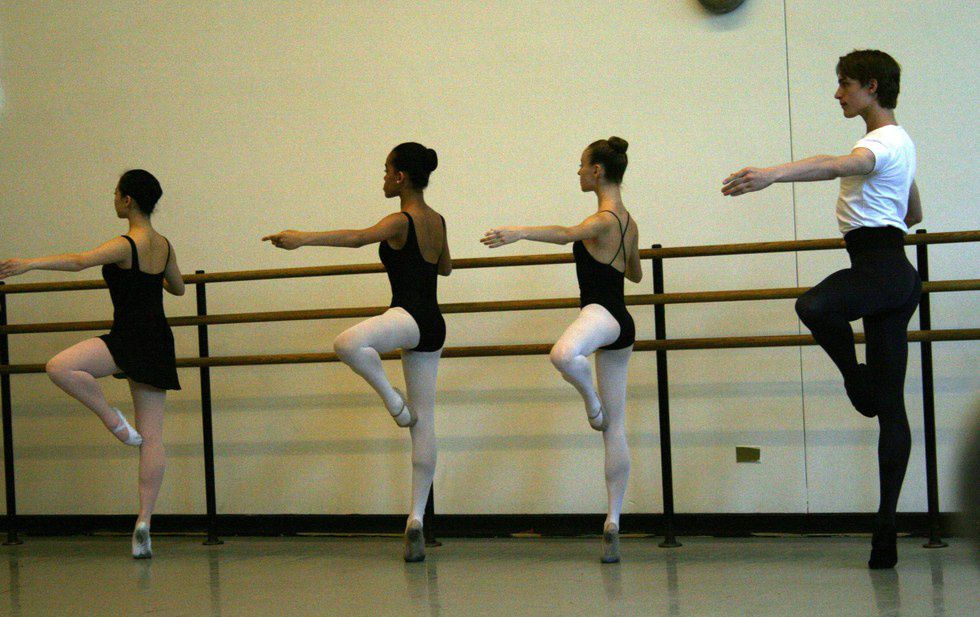Verbs are fun, since they give actions to nouns as they come and they go. Like a type of free spirit, flowing like the wind, and resistant to anything that tries to maintain it. The struggle starts when that fluttering verb is transformed into a noun.
But sometimes this rough transformation chooses you; it is instilled in you. A noun of a verb can take many forms. Some examples of this are, running goes to runner, singing goes to singer, but for explanation purposes, dancing to dancer is going to be used.
With that being said, everyone can dance, but becoming the noun goes beyond the dance floor, in this case. From this basis, it can be concluded that dancing in itself, is different than being a dancer.
So what are these differences? The primary one is time. Everyone knows that if you want to be any good at anything, practice is required. Being good and staying good means that one needs to keep “in practice,” which adds more dedicated time to the prior.
Why is time the main factor that separates the act of dancing from a dancer? Here are three reasons why this is so.
1. Starting.
Let’s face it, dancing is not generally a natural occurrence in the body. This is especially true when considering ballet. In order for muscles to actually corporate, practice is needed. Don’t believe that this is true? Do you know how many plies and tendus that dancer clock in over a life time? Repetition is mandatory due to the fact that, dancing muscles require stretching, and reoccurring stimuli to create the lines and movement patterns that are executed. This is especially true when first starting out.
2. Maintaining.
Once a dancer practices enough, and gets to the point where their technique is stable, they are still not out of the woods on the time consumption aspect. Now the technique and muscle base platform needs to be maintained, so that they don’t back slide. With the base of the dance technique in place, a dancer is ready to move forward. This can’t happen though without maintaining what was worked for though.
Sadly once you get there, there is not guarantee that it will stay. Similar to working out, if the level attained is not maintained, then a downward spiral will happen. This is especially true in dance, as in most dance techniques several things have to be thought of at one time. If even one technical element is not thought about for a week, the overall technique suffers. This causes square one to be revisited.
3. Improving.
Once a dancer learns the foundations for that particular technique, they can start to build upon it. This too takes time, because the muscles and brain are pushing the limits of what they knew, and became familiarized with before. This fact also extends past the musicality, and to the texture of the dance quality; specifically the graceful part.
Being a dancer is the best thing in my opinion, even though it has and will continue to take a lot of time. Time is valuable, but for me the benefits of dancing far outweigh the consumption of time that it takes maintain.
Won’t there ever be a point where the time required is reduced? Sadly this is not the case if a dancer wants to continually be challenged. Getting better raises the bar higher, which requires the dancer to practice and master the new task presented before them. An example of this is adding another turn in a turning sequence, jumping higher, or even mastering tricky choreography quirks.
Not only does the challenge aspect engulf time, injuries, and circumstance also interferes with the dancer ability to take class. This in turn decreases the clocks in the hours, turning into a setback. One where all of the hours put in can reverse disproportionally to those put in. For every day off, a dancer loses something that is included under the umbrella of dance technique. To compare, that same quality took them weeks or months to get to the point of manageable.
All out of shape dancers can agree with me about how hard it is to come back after a long break from the art. But I can tell you, it is worth every drop of sweat to be back at it, even if getting to the place that is wanted is going to come slowly.
To be a dancer takes time. Anyone can dance, but truly making yourself one with the movement takes dedication.
The next time that you run into a person who is labeled as a noun of a verb, ponder how they got to that point. The wind is hard to catch, and even harder to train. So it is true when disciplining the free spirit of any verb. This has only occurred when a person becomes what they do!











 The minimum wage is not a living wage.
StableDiffusion
The minimum wage is not a living wage.
StableDiffusion
 influential nations
StableDiffusion
influential nations
StableDiffusion












